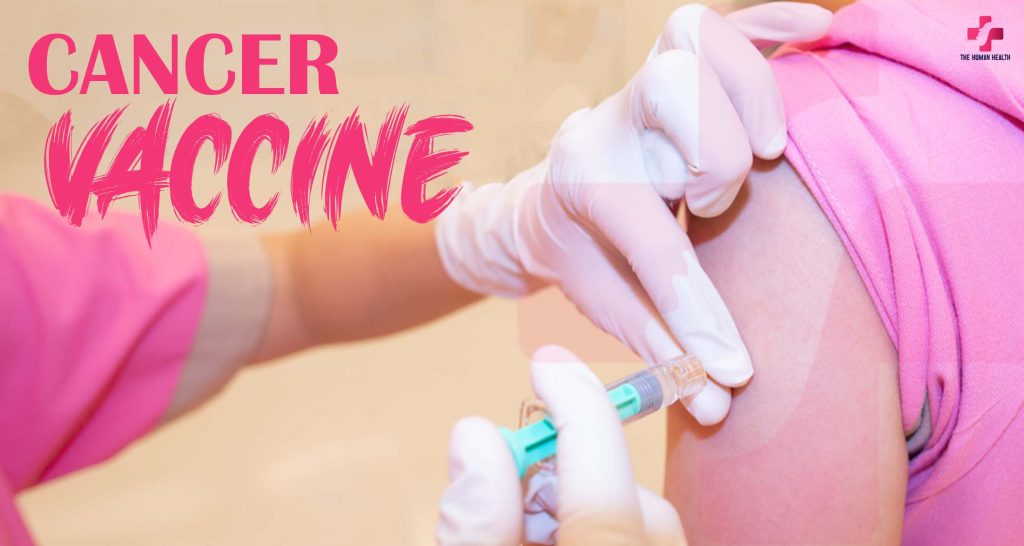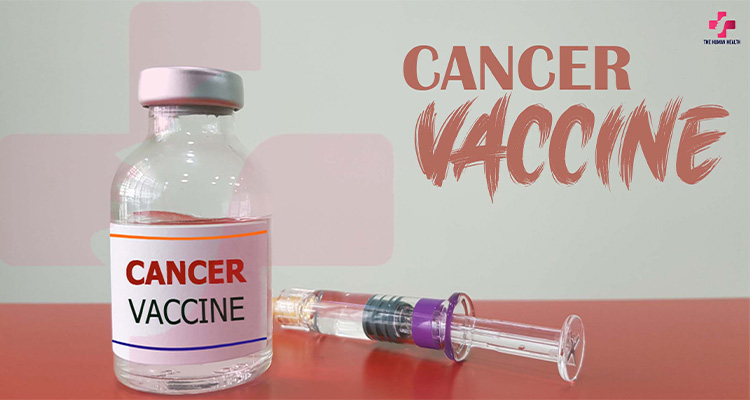Introduction to Cancer Vaccines
Cancer is a big health problem worldwide. Many people get cancer every year. Treatments like chemotherapy, radiation, and surgery can help, but they have strong side effects. Also, they may not stop cancer from coming back. Because of this, scientists are finding new ways to fight cancer. One new way is cancer vaccines.
Cancer vaccines help the body’s immune system find and kill cancer cells. Regular vaccines protect against infections. Cancer vaccines are different. They train the body to attack cancer cells.
There are two types of cancer vaccines: preventive and therapeutic. Preventive vaccines help stop cancer before it starts. For example, the HPV vaccine protects against cervical cancer. The Hepatitis B vaccine helps prevent liver cancer.
Therapeutic vaccines help people who already have cancer. These vaccines make the immune system stronger. They slow cancer growth or help destroy cancer cells. One example is sipuleucel-T (Provenge), used for prostate cancer. Scientists are also testing vaccines for lung cancer and melanoma. These vaccines work better when used with other treatments, like immunotherapy or special drugs.
Making cancer vaccines is hard. Scientists need to find the right cancer targets. The vaccine must also help the immune system work better. Some tumors hide from the immune system, making them harder to fight. But new research is helping scientists create better vaccines. Some vaccines are made for each person based on their cancer type
Cancer vaccines are getting better. Scientists are improving them by adding boosters and using new technology. One example is mRNA vaccines, which helped fight COVID-19.
In the future, cancer vaccines could be an important way to treat cancer. They may help stop the disease, keep it from coming back, and help people live longer. These vaccines give hope for a future where cancer is easier to prevent and treat.
What Is The First Anti-Cancer Vaccine?
Cancer is a serious disease that affects many people. Treatments like surgery, radiation, and chemotherapy can help. But stopping cancer before it starts is even better. One big step in cancer prevention was the creation of cancer vaccines. The first one was the HPV vaccine, approved in 2006.
How the HPV Vaccine Was Made
The HPV vaccine helps prevent certain types of cancer. It protects against a virus called human papillomavirus (HPV). This virus can cause cervical cancer and other cancers in the throat and private areas.
Scientists spent years studying HPV. They found that HPV-16 and HPV-18 cause most cervical cancers. Dr. Harald zur Hausen proved this and won a Nobel Prize in 2008.
How the HPV Vaccine Works
The HPV vaccine helps the body fight HPV before it can cause harm. It contains tiny pieces that look like the virus but are harmless. When given the vaccine, the body learns to fight HPV by making antibodies.
There are two common HPV vaccines:
Gardasil – Approved in 2006, it protects against four HPV types. Some cause warts, and others cause cancer.
Cervarix – Approved in 2007, it protects against two HPV types that cause most cervical cancers.
A newer vaccine, Gardasil 9, protects against more HPV types. It offers even better protection.
Why the HPV Vaccine Is Important
The HPV vaccine has helped people around the world. In places where many people get the vaccine, HPV infections have dropped a lot. Studies show the vaccine works almost 100% when given before exposure to HPV.
Doctors recommend the vaccine for kids ages 9–14. It is best to get it before any risk of infection. People up to 45 years old may also benefit.
Other Cancer Vaccines
Another vaccine that helps prevent cancer is the Hepatitis B (HBV) vaccine. This vaccine stops hepatitis B, a virus that can cause liver cancer. Many people get the HBV vaccine, and it has reduced liver cancer cases.
Scientists are working on other cancer vaccines. Some use a person’s own cancer cells to help the body fight cancer better.
Conclusion
The HPV vaccine was the first vaccine made to stop cancer. It has lowered cases of cervical and other cancers. Along with the HBV vaccine, it shows how vaccines can help prevent cancer. In the future, more vaccines may be created to fight cancer.
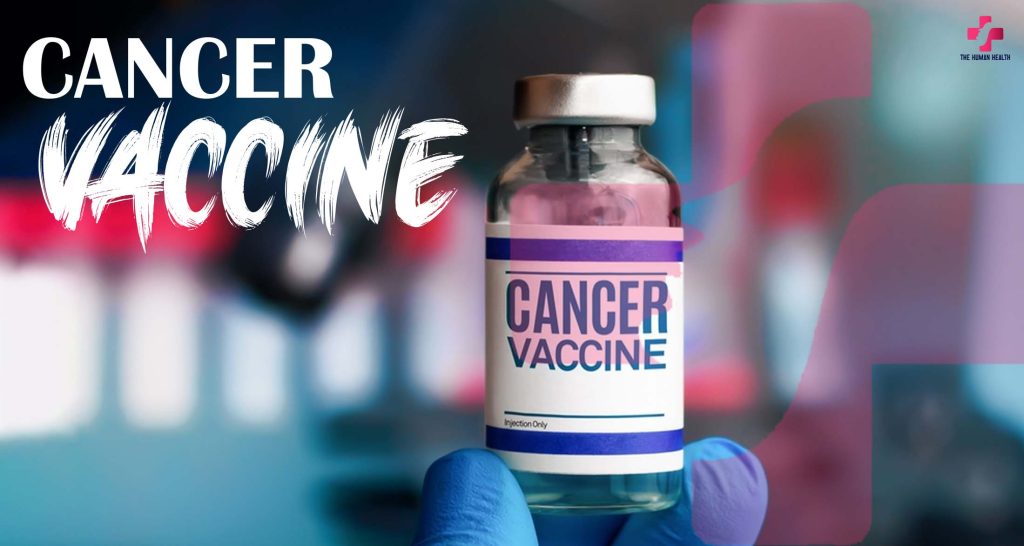
Can You Survive Stage 4 Cancer?
Stage 4 cancer is hard, but it is possible to survive. This stage means the cancer has spread to other parts of the body. It is harder to treat, but there is still hope. The type of cancer, where it spread, and the person’s health all affect survival.
Doctors give survival estimates based on numbers, but they are only general ideas. Some people live longer with newer treatments like immunotherapy and targeted therapy. These treatments can help people live longer than expected.
Finding cancer early helps. If it spreads less, it’s easier to treat. Treatments like chemotherapy, surgery, or radiation may help. New therapies can also work better for some people.
Having support is key. Family, friends, and support groups are important. A positive attitude, staying healthy, and making lifestyle changes, like eating better and exercising, can make a big difference.
Talking to doctors is important too. A care plan that fits each person’s needs is crucial. Palliative care, which makes people more comfortable, is also part of the plan.
In short, stage 4 cancer is tough, but it’s not the end. Each person’s case is different, and survival is possible with the right treatment, support, and care.
Is There Any Vaccine For Cancer?
Right now, there is no vaccine that can fully stop or cure cancer like vaccines for measles or the flu. But the idea of a “cancer vaccine” is getting more attention. There are two types of cancer vaccines: preventive and therapeutic.
Preventive Cancer Vaccines
Preventive vaccines stop viruses that can cause cancer. A well-known example is the HPV vaccine. It helps prevent infections from certain HPV types. These types can cause cancers like cervical, throat, anal, and penile cancers. Getting the vaccine before exposure to the virus can lower the chance of getting cancer. The HPV vaccine has already proven to work well in reducing cervical cancer, especially where it’s used widely.
Another preventive vaccine is the Hepatitis B vaccine. Hepatitis B can increase the risk of liver cancer. By getting the vaccine, people can lower their chance of getting liver cancer later. This vaccine is used in many childhood vaccination programs and is important for preventing liver cancer.
Therapeutic Cancer Vaccines
Therapeutic vaccines help treat cancer by boosting the immune system to find and destroy cancer cells. These vaccines are for people who already have cancer. The goal is to help the immune system attack cancer cells better.
One of the first therapeutic vaccines approved by the FDA is sipuleucel-T (Provenge) for prostate cancer. It helps the immune system fight prostate cancer cells. It’s not a cure, but it has helped patients with advanced prostate cancer live longer.
Another example is the BCG vaccine, used to treat bladder cancer. This vaccine comes from the bacteria that causes tuberculosis. It helps the immune system fight bladder cancer.
Future of Cancer Vaccines
Scientists are working hard to make better cancer vaccines. They are looking into vaccines that use markers from a patient’s cancer cells to make treatments more targeted. These vaccines show promise, but routine cancer vaccines are still being developed.
In conclusion, there isn’t one vaccine for all cancers yet. However, vaccines for some virus-related cancers already exist, and research into therapeutic vaccines is growing fast.
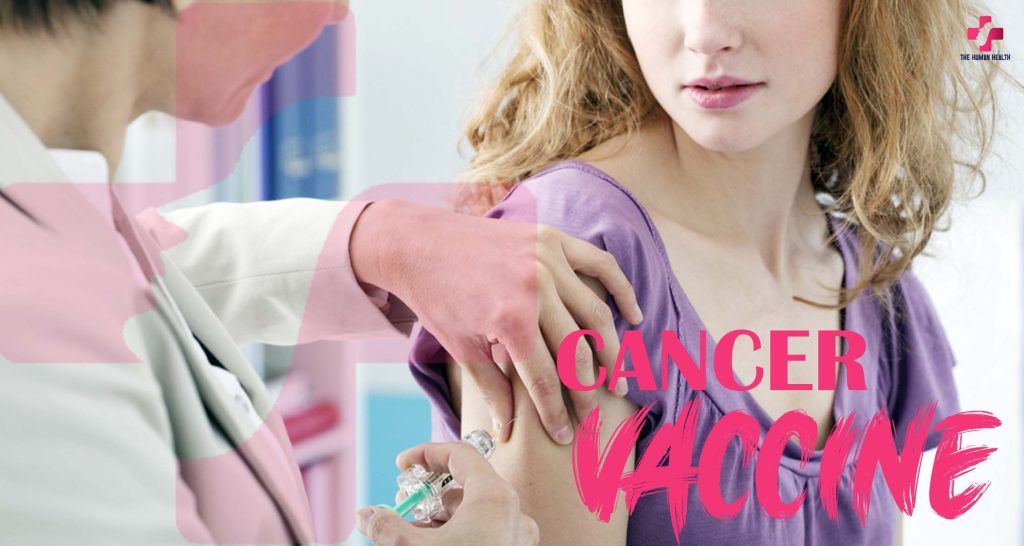
Why Do Cancer Vaccines Work?
Cancer is a big problem, affecting millions of people worldwide each year. Even though treatments are better, doctors are still working hard to prevent cancer. One exciting new tool is the cancer vaccine. But how do these vaccines work? Let’s take a look.
Cancer starts when cells grow out of control and spread. This happens when the immune system doesn’t catch and destroy the bad cells. Normally, the immune system finds and removes harmful cells, but cancer cells can trick the body and escape. This makes it harder for the body to stop them.
Cancer vaccines teach the immune system to spot and attack cancer cells. These vaccines are different from those for diseases like the flu. They don’t stop cancer from happening. Instead, they help the immune system fight cancer. The vaccine targets special markers on cancer cells, called tumor-associated antigens.
There are two types of cancer vaccines: preventive and therapeutic. Preventive vaccines stop cancer from starting, while therapeutic vaccines treat cancer that is already there.
The HPV vaccine is a well-known preventive vaccine. It helps stop cancers caused by HPV, like cervical and throat cancer. The hepatitis B vaccine helps prevent liver cancer by stopping the hepatitis B virus.
Therapeutic vaccines, like the one for prostate cancer, help the immune system fight cancer that’s already in the body. These vaccines are used with treatments like chemotherapy or immunotherapy, which also help the immune system.
Not all cancers can be treated with vaccines. Each cancer is different, and some can hide from the immune system. But cancer vaccines are a hopeful new tool to reduce cancer and improve survival.
What Can Be This Harm?
Cancer vaccines are a new and exciting idea. They help the body’s immune system find and fight cancer. This could help stop and treat cancer. But, like all medical treatments, cancer vaccines have some risks and benefits. We need to think about their safety and how well they work.
The main job of cancer vaccines is to help the body fight cancer. These vaccines are different from other vaccines. They stop cancer from growing or help the immune system attack the cancer. There are two types: preventive and therapeutic. Preventive vaccines, like the HPV vaccine, stop infections that can cause cancer. Therapeutic vaccines help treat cancer that’s already there by helping the immune system attack it.
Cancer vaccines can cause harm, depending on the type of vaccine and the person’s health. For example, the HPV vaccine is mostly safe but can cause side effects, like pain at the injection site, fever, or allergies. In rare cases, it can make the immune system attack healthy cells or cause other health problems.
Another concern is how well cancer vaccines work. They have shown promise, but they may not work for everyone or for every type of cancer. Some cancer cells can hide from the immune system, which can make the vaccine less effective. Also, vaccines often need to be used with other treatments, like surgery or chemotherapy, and the vaccine alone may not be enough.
The cost of cancer vaccines is also an issue. They can be expensive, which may make them hard to get for some people. Those in poorer areas may have trouble getting them. There are also concerns about spending too much money on cancer vaccines instead of other important medical needs.
In the end, cancer vaccines have a lot of promise, but they also come with challenges. More research is needed to fully understand how well they work and to make sure the good outweighs any harm.
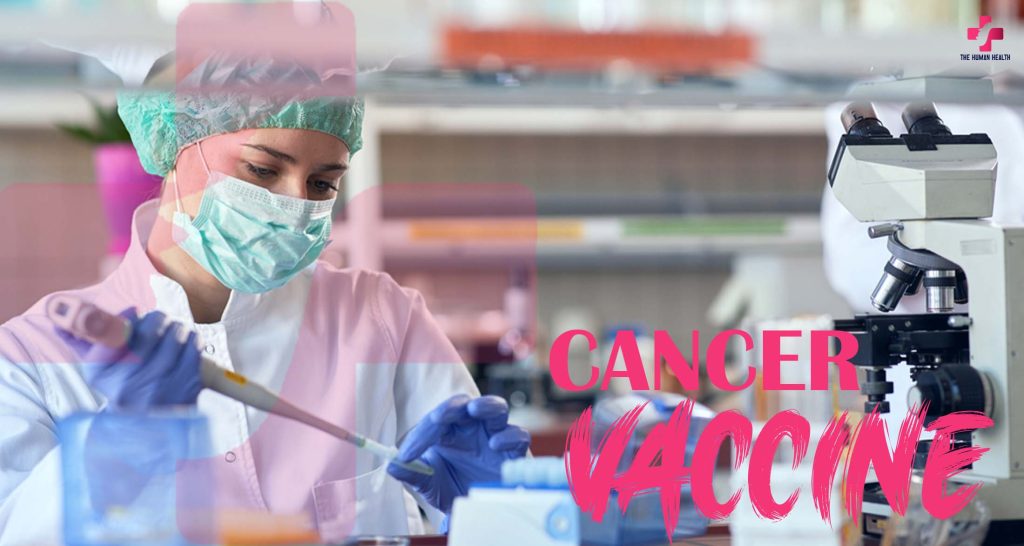
Is There an Age Limit for the Cancer Vaccine?
Medicine is always changing. New treatments bring hope to people with cancer. One exciting development is the cancer vaccine. This vaccine can help stop cancer or help the body fight it by boosting the immune system. Many people wonder if there’s an age limit for getting a cancer vaccine.
The answer isn’t simple. It depends on the type of vaccine, the person’s health, and the vaccine’s purpose. There are two main types of cancer vaccines: preventive and therapeutic. Each has different age guidelines.
Preventive Vaccines
Preventive cancer vaccines stop cancer before it starts. A well-known example is the HPV (human papillomavirus) vaccine. HPV can cause several cancers, like cervical, throat, and anal cancers. The HPV vaccine is usually given to children and young adults, ages 9 to 26. The vaccine works best when given before someone is exposed to the virus, which often happens through sexual contact.
Adults over 26 may still benefit from the vaccine, but it might not work as well. The FDA has approved the HPV vaccine for people up to age 45. Experts are still discussing whether older adults should get it.
Therapeutic Vaccines
Therapeutic cancer vaccines are used to treat cancer. They help the immune system attack cancer cells. These vaccines are still being studied in clinical trials. There isn’t a clear age limit for these vaccines because they are designed to treat each person’s specific cancer and health.
Older adults or people with health problems may be more cautious about getting these vaccines because their immune system may not respond as well. Younger people usually have stronger immune responses, but older adults can still get the vaccine. Doctors look at each case carefully, considering health, cancer type, and response to treatment.
Conclusion
While there are age guidelines for some cancer vaccines, age limits depend on the vaccine and the person’s health. As cancer treatments improve, there may be more options for people of all ages. In the future, there may be even fewer age restrictions for these vaccines.
What Are The Signs of This Happening?
Cancer vaccines are a type of medicine that helps the body fight cancer. They work by boosting the immune system to find and attack cancer cells. There are two main types of cancer vaccines: preventive and therapeutic. Preventive vaccines stop cancer from happening, while therapeutic vaccines help treat cancer that is already there. Signs that a cancer vaccine is working include trial results, immune system response, and fewer cancer cases.
Clinical Trial Results: The first sign a vaccine is working is the results from tests with people. In these tests, scientists check if the vaccine helps prevent or treat cancer. Positive results, like smaller tumors or slower cancer growth, show that the vaccine is working. The HPV vaccine, which prevents cervical cancer, is a good example of a vaccine that has worked well in tests.
Immune System Response: A key goal of cancer vaccines is to get the immune system to attack cancer. Signs that this is happening include more immune cells, like T-cells and antibodies, that target cancer cells. Blood tests can show these changes, meaning the vaccine is working.
Fewer Cancer Cases: If fewer people get cancer after using a preventive vaccine, it means the vaccine works. Researchers track cancer rates before and after the vaccine to see how well it works.
Approval and Use: A cancer vaccine is considered successful when health agencies, like the FDA, approve it. Once approved, the vaccine can be given to the public to help prevent or treat cancer.
Research and Progress: Scientists keep studying and improving cancer vaccines. They try new methods to make them better, like combining them with other cancer treatments.
In short, signs that a cancer vaccine is successful include good trial results, immune system response, fewer cancer cases, approval, and ongoing research.
What Are The Ways To Avoid This?
Cancer vaccines help fight cancer. They boost the immune system to stop or treat cancer. While they don’t cure all cancers, they can help with some, like cervical, liver, and prostate cancers. Vaccines can lower the risk of cancer, and making healthy choices can help too.
- HPV Vaccine: The HPV vaccine stops cervical cancer. HPV is a virus that can cause cancer in the cervix. The vaccine stops the most common types of HPV that cause cancer. Getting the vaccine early lowers the chances of getting cancer later.
- Hepatitis B Vaccine: Hepatitis B causes liver cancer. The vaccine helps prevent it. It is given to babies, people with certain health conditions, and those at risk of the virus.
- Cancer Vaccines: Scientists are working on vaccines for cancers like melanoma, lung, and breast cancer. These vaccines help the body find and fight cancer cells. These vaccines are still being tested but could help in the future.
- Healthy Habits: Healthy choices can lower cancer risk. Don’t smoke, limit alcohol, eat a healthy diet, stay active, and keep a healthy weight. Regular check-ups help catch cancer early.
- Sun Protection: Skin cancer is common but preventable. Use sunscreen, wear protective clothes, and avoid too much sun. This lowers the risk of skin cancer, especially melanoma. In conclusion, cancer vaccines are important, but healthy habits and regular check-ups are key to lowering cancer risk. Preventive actions help us stay healthy.
Cancer Vaccine Conclusion?
Cancer vaccines are an important step in cancer treatment. While it may seem strange to have a vaccine for cancer, progress in this area gives us hope. Cancer vaccines help the immune system find and fight cancer cells. They target changes that happen on the surface of these cells.
There are two types of cancer vaccines: preventive and therapeutic. Preventive vaccines lower the chance of getting cancer by targeting viruses like HPV. Therapeutic vaccines treat cancer by helping the immune system fight cancer cells. These vaccines have shown promise in trials for melanoma, prostate cancer, and lung cancer.
Cancer vaccines are not easy to make. Cancer cells can hide from the immune system or stop it from working. Each cancer is different, so it’s hard to create one vaccine for all cancers. Scientists are also working to solve the problem of immune tolerance, where the immune system doesn’t recognize cancer cells as harmful.
The future of cancer vaccines is in personalized medicine. By making vaccines for a patient’s specific cancer, scientists hope to create better treatments. Combining cancer vaccines with other treatments could also help the immune system fight cancer more effectively. With new technology and more research, cancer vaccines may change how we treat cancer and give hope to many people. While cancer vaccines are not yet routine, the progress so far is a big step toward a future where cancer can be prevented or treated more easily.
